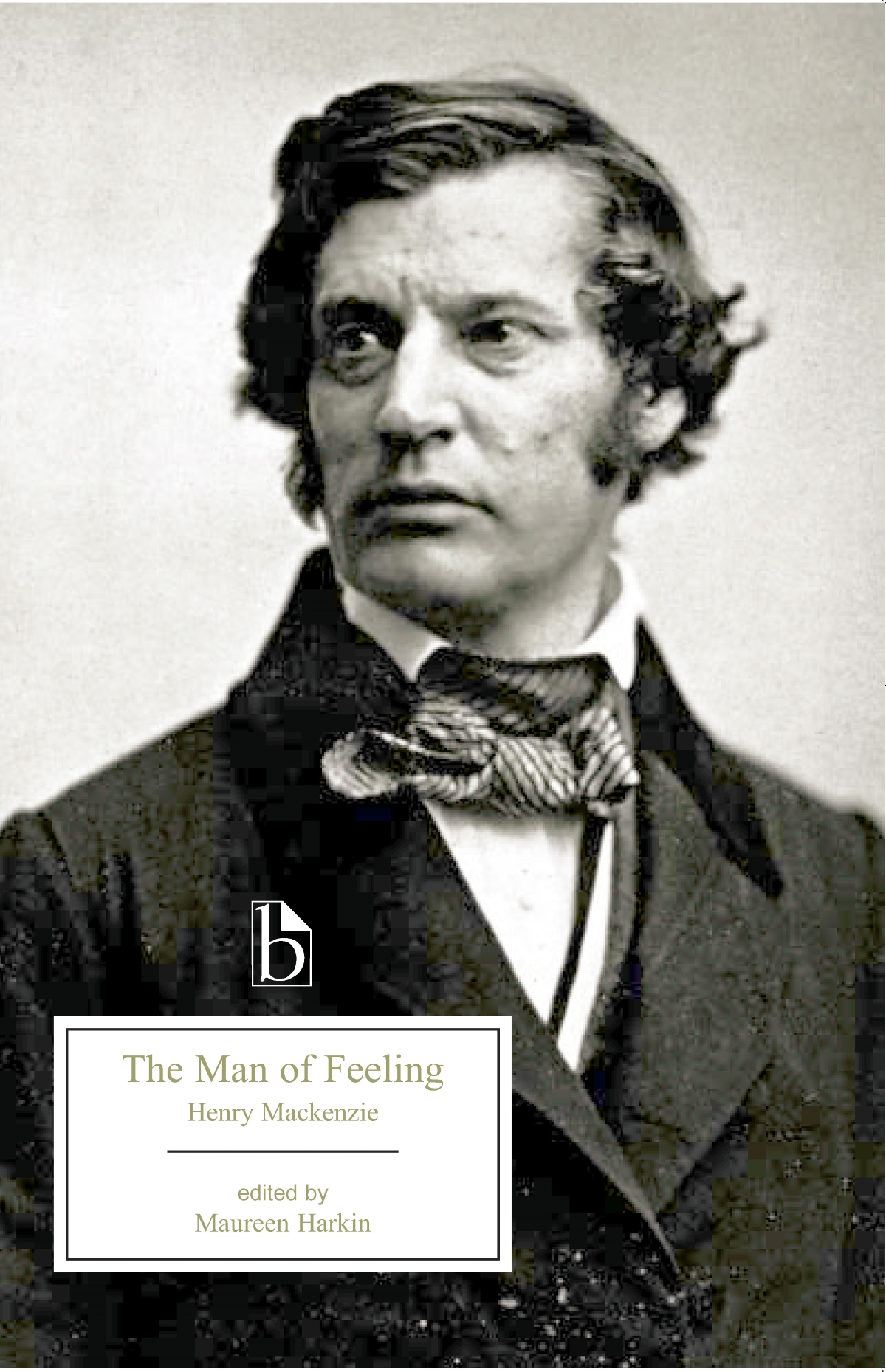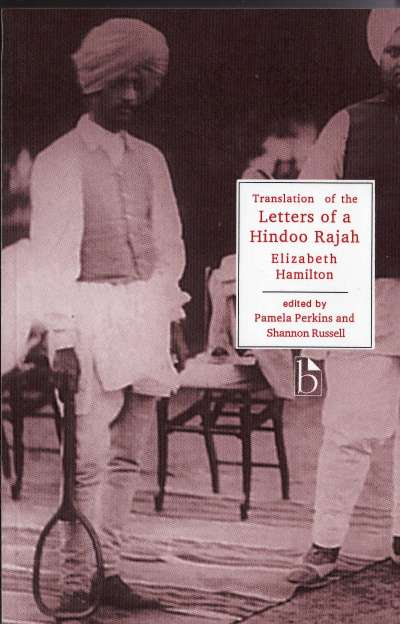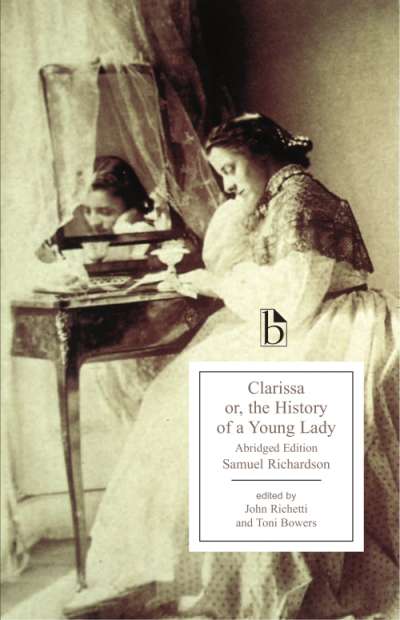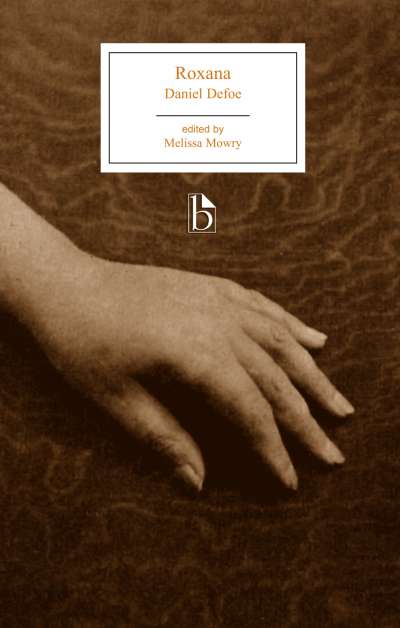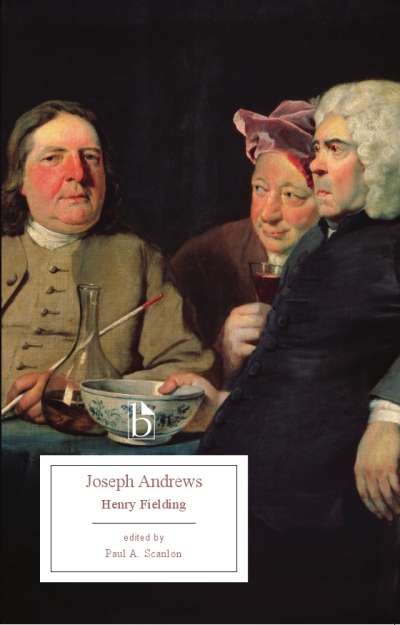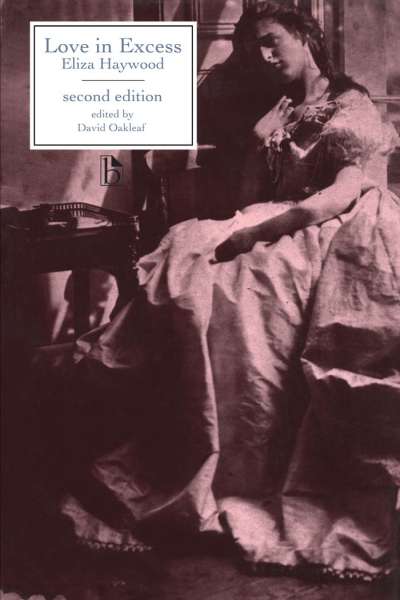The Man of Feeling is unquestionably among the most important and influential works of eighteenth-century sentimental fiction. The novel follows Harley, the eponymous “man of feeling” and impoverished aristocrat, as he travels from his rural estate to London and back in a reluctant quest for financial advancement and more heartfelt quest for kindred spirits. In addition to presenting a remarkable gallery of characters, Harley’s story gives a profound sense of the historical changes transforming the economy, landscape, and social relations of eighteenth-century England and Scotland.
This Broadview edition’s critical introduction and rich selection of appendices situate
The Man of Feeling in the context of the period’s intellectual debates on sentiment, sympathy, and the novel. Contextual documents include contemporary reviews of the novel, selections from Mackenzie’s correspondence and journalism, and related contemporary writings by David Hume, Adam Smith, Sir Walter Scott, and Laurence Sterne.
Comments
“This is a very welcome and splendidly prepared edition of a text central to European culture in the revolutionary age, and it provides a rich, accessible, and comprehensive context for understanding a hugely popular work that has been strangely neglected in the English curriculum. This edition should return this classic of sentimental literature to the mainstream of English literature.” — Barbara M. Benedict, Trinity College, Connecticut
“Broadview Press’s new edition of The Man of Feeling should now be regarded as the definitive edition of Mackenzie’s genre-defining work. The notes on the text are clear and ample without being intrusive. The supplemental materials are perfectly chosen. And Maureen Harkin’s introduction places Mackenzie’s work in the context of the sentimental mode deftly and efficiently, emphasizing the cultural and literary complexities of the sentimentalism that Mackenzie’s novel typifies. The edition should be extremely useful for students at all levels, as well as for general readers.” — Elizabeth Hedrick, University of Texas at Austin
“It is useful to have a crisp new paperback edition of Henry Mackenzie’s The Man of Feeling, considered by many scholars to be one of the high points of sentimental literature. The utility is increased considerably by the addition of a rich variety of appendices that supplement the text and provide valuable insights into eighteenth-century sentimentalism. All this will help readers to place this important novel in its eighteenth-century context.” — Eighteenth-Century Scotland

